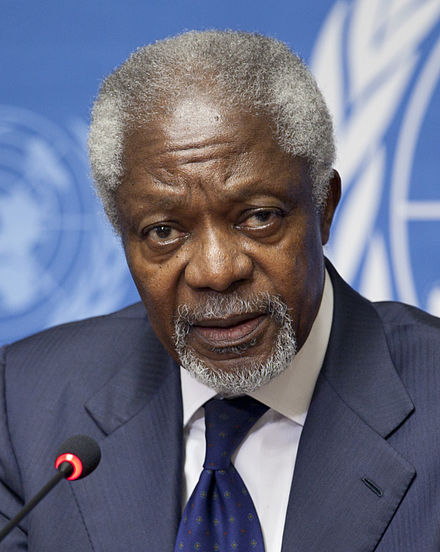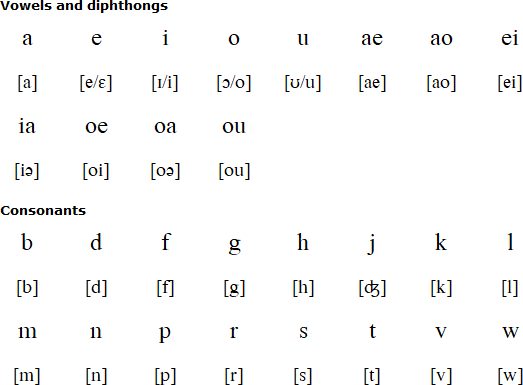5. Ayoyo soup
This flavorful soup is made with jute leaves as a base, combined with tomatoes and other vegetables, to create a rich culinary experience.
Ayoyo soup is especially popular among vegetarians because it is both nourishing and filling. The vibrant green jute leaves and vegetable broth combine to make a hearty and nutritious soup that showcases the diversity in Ghanaian food.

6. Akan names
The Akan people use the Kwa language group’s system of timekeeping, which is based on a six-day week (‘nnanson‘), with the seventh day inclusive. In Ashanti homes, Sunday-born males and females are named Kwasi or Kwesi and Akosua respectively (meaning ‘associated with the universe’); Monday-born are Kwadwo or Kojo, Adjoa or Adwoa (meaning ‘associated with peace’); Tuesday-born are Kwabena or Kobi, Abena (meaning ‘associated with the ocean’); Wednesday-born Kwaku or Kweku, Akua (meaning ‘associated with spider/Ananse’); Thursday-born Yaw, Yaa ( meaning ‘associated with the earth’); Friday-born Kofi, Afia or Afua (meaning ‘associated with fertility’); and Saturday-born Kwame, Ama (meaning ‘associated with God’).

8. Kofi Annan: Ghanian Ex-Secretary General to UN - Taken fropm Wikipedia
Kofi Atta Annan (/ˈkoʊfi ˈʌnʌn/;[1] 8 April 1938 – 18 August 2018) was a Ghanaian diplomat who served as the seventh secretary-general of the United Nations from 1997 to 2006.[2] Annan and the UN were the co-recipients of the 2001 Nobel Peace Prize.[3] He was the founder and chairman of the Kofi Annan Foundation, as well as chairman of The Elders, an international organisation founded by Nelson Mandela.[4] 
9. Drumming And Dancing
Drumming and dancing in Ghana are two activities that you will almost always observe. These activities play a vital role in their cultural celebrations, rituals, and social gatherings. Ghanaians also consider both activities a way of communicating with their ancestors and gods.
The drummers, dancers, and singers are often synchronized due to years of constant practice. During different festivals, you have the chance to see talented dancers in colorful attire moving to the fast-paced rhythmic beat of the traditional drums. It is truly a sight to behold, and before long, you may find yourself joining in the gyrations.
1. Kennedy Islands
American President John F. Kennedy commanded a naval fleet in the Second World War. In 1943, his fleet was left stranded in the Solomon Islands, and the President, along with the other survivors, had to swim to the nearby uninhabited island called Plum Pudding Island.
The island is now named after the President, and they are now called Kennedy Islands. When John F. Kennedy became the President, he kept a coconut shell from the Solomon Islands in his office as a reminder of this incident
2. Blond hair
Around 10% of population in Solomon Islands have got blond hair, despite the darker skin colour. More blond people live only in Europe. It has been proved by the scientists from Stanford University that this is caused by a gene mutation that does not occur anywhere else in the world beside Oceania.

3. Biodiversity
The Solomon Islands are an archipelago of 992 tropical islands and atolls, scattered in a gentle curve. They comprise two major parallel island chains extending some 1800 kilometres from the Shortland Islands in the west to Tikopia and Anuta in the east.
Situated in the South Pacific between Papua New Guinea and Vanuatu, the population of about 550,000 is predominantly Melanesian but includes other smaller groups. Exotic local customs and traditions remain a very important part of life for Solomon Islanders.
The islands and waters are still a little known pristine paradise. They are particularly special for their remarkable biodiversity, containing thousands of different plant and animal species, especially the marine life. Many species are known only to the Solomons.
( by this time, we all know that, more near u to equator, more rich gonna be the biodiversity . ( courtesy -more annual precipitation and appropriate temperature)

So beautiful!!!
( one day, m sure gonna visit this place)
4. The Official Language Of The Islands Is Not Spoken By The Majority
English is the official language of the Solomon Islands; however, only an estimated 1 to 2% of the population can speak the English language. The Solomon Islands is comprised of hundreds of different islands, and most of them have their own local languages.
People prefer to speak their local languages rather than English. There are around 120 local languages in the country. Pidgin is also spoken in the Solomon Islands.












